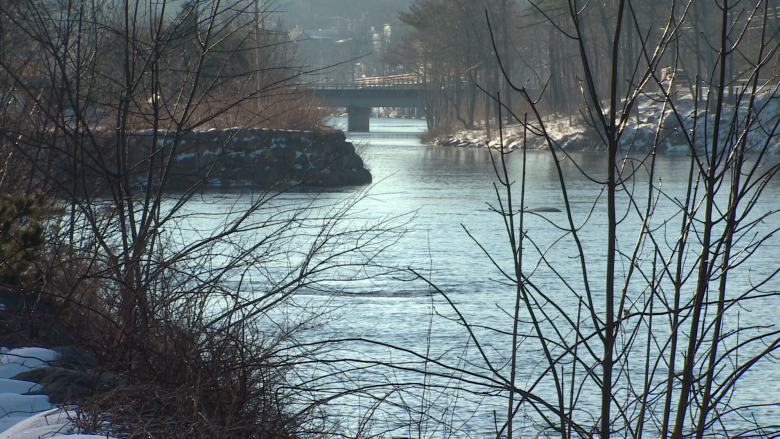$1M donation to LaHave River cleanup is 'legacy investment'
A Lunenburg County, N.S., resident has contributed $1 million toward the cleanup of the LaHave River, which receives 600,000 litres of raw or partially treated sewage daily, a community group announced Monday.
The anonymous contribution was made through the Lunenburg County Community Fund, a private organization founded in 2010 that works to maintain and improve the quality of life in the South Shore.
The donation will go toward a program to install septic systems to replace the 600 straight pipes from households along the river, which empty an average of 1,000 litres of sewage each into the water daily, says board member Elspeth McLean-Wile.
Making an impact
Monday's announcement from the community shows a unique collaboration between a private citizens' group and government, she said.
"It shows that a group of local citizens can make an impact."
The community fund, run on donations "small and large," is also working on other projects including a strategy to increase the area's population, she said.
The donation came with a condition there would be compliance with legislation enforcing provincial Environment Department regulations.
That happened in June, when the municipality passed a bylaw giving it the authority to inspect homes and enter into a memorandum of understanding with the Environment Department. The memorandum commits the department to pursue enforcement for homeowners who refuse to participate in the program.
Legacy investment
While the $1 million goes toward the costs of replacing the sewage pipes with septic systems, those costs are to be repaid by homeowners and through grants from provincial and federal governments. That works out to be about $12,000 per homeowner and will be collected through property taxes over a six-year period.
"It's a legacy investment. That $1 million will be held in perpetuity by the municipality and is to be used to benefit all citizens [of Lunenburg County]," McLean-Wile said. For example, installation of broadband internet access to areas not well served could be another project, she said.
School project got ball rolling
The polluted river got widespread attention in 2015, when elementary school student Stella Bowles tested the river water for a science project and posted the results — showing extremely high levels of fecal bacteria — online. The post was shared thousands of times and galvanized local politicians into taking action.
In June, the Municipality of the District of Lunenburg voted to apply for $17 million under Infrastructure Canada's Building Canada Fund to replace the straight pipes and also has an agreement with the provincial government to help with the program.
The program is expected to run until 2031.



